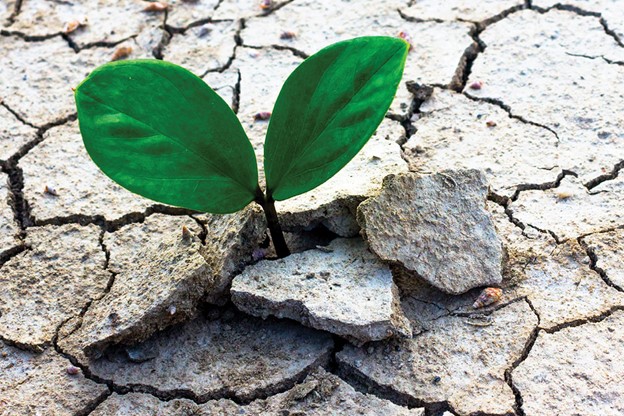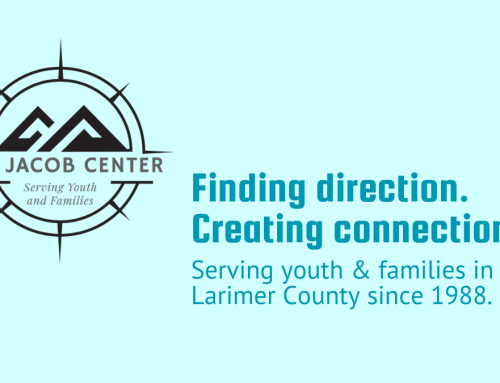
Growth After Trauma
The experience of trauma, whether it be a result of singular event, or a series of events, can have a profound effect on an individual’s social, emotional, mental, or physical well-being. There can be short-term or long-term reactions from trauma that can include mood swings, physical symptoms, relational problems, flashbacks, depression and anxiety, difficulty concentrating, and difficulty sleeping.
Life after trauma can be intimidating at first, but it is in our human nature to begin to heal and learn from our experiences. Post Traumatic Growth is a positive change in your psychological being where you gain a better perspective of yourself, others, and the world. Negative experiences can prompt a discovery of new possibilities, a greater gratefulness for life, a gain in inner strength, and an improvement in relationships.
Post Traumatic Growth can be facilitated through psychotherapy in five ways:
- Challenging core negative beliefs.
As you move from trauma to growth, you begin to see that your core beliefs were disrupted. You may begin to think Why did this happen? Who’s in control? What should I do now? It can be painful and scary, and challenging your assumptions can lead to growth that is of great value. You can begin to change your mind about what kind of future you hold.
- Disclosure
This is the time when you talk about and process the trauma that you experienced. You can begin to make sense of your experience and turn thoughts that are debilitating into thoughts that facilitate change. You can begin to process the effects that this event/events have impacted your life.
- Emotional Regulation.
It is important to begin to manage negative emotions such as guilt, shame, anger, and anxiety. In this phase you can learn to shift this way of thinking into more helpful emotions. This can be done by recalling your successes, reflecting on your resources, and contemplating best-case possibilities.
- Narrative Development.
It is key to accept the chapters of your life that is already written and begin to contemplate a new chapter. This is the time to imagine what your future holds for you. What new opportunities can you come up with? What are your priorities? This is the beginning of writing your new story.
- Service
Life after trauma can be daunting and overwhelming. Servicing others in need can be extremely healing and rewarding. Finding work that benefits other, especially people who have experienced trauma themselves, can lead to strength and resilience.
Everyone heals and grows at their own pace. You will begin to gain clarity through Post Traumatic Growth, as you make meaning of your trauma. You will gain momentum moving forward in your life despite your hardships. You will grow and evolve as you go on your healing journey.
Written by:
Stefani Edwards MA, LPCC
Resources:
https://psychcentral.com/health/post-traumatic-growth#signs
https://hbr.org/2020/07/growth-after-trauma
https://www.psychologytoday.com/us/basics/post-traumatic-growth


